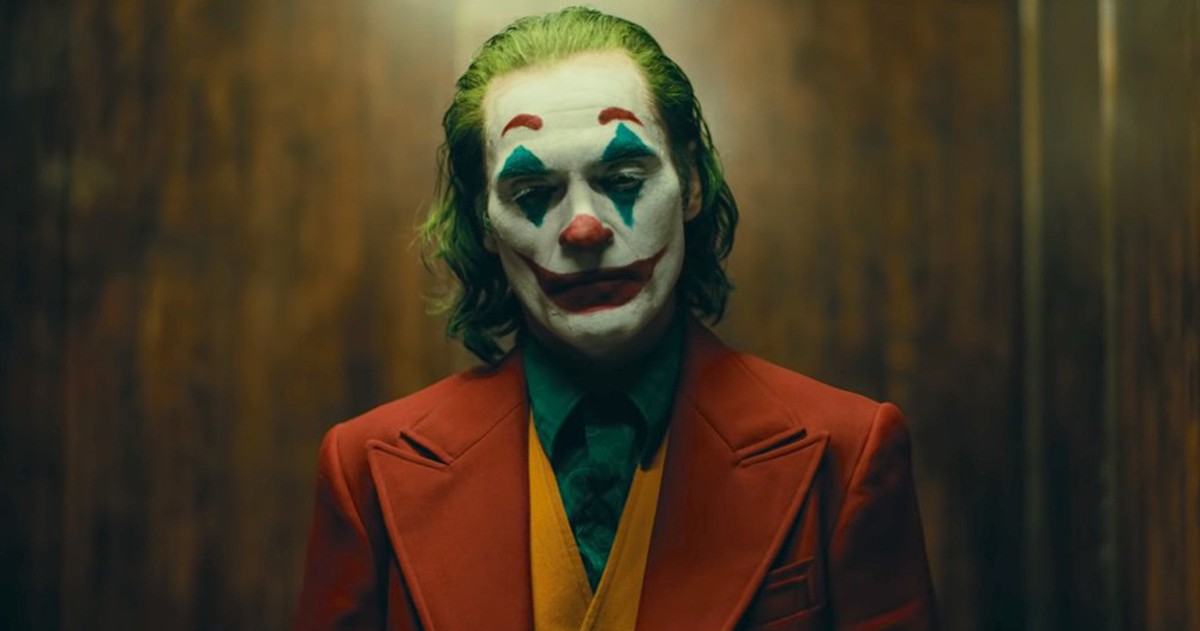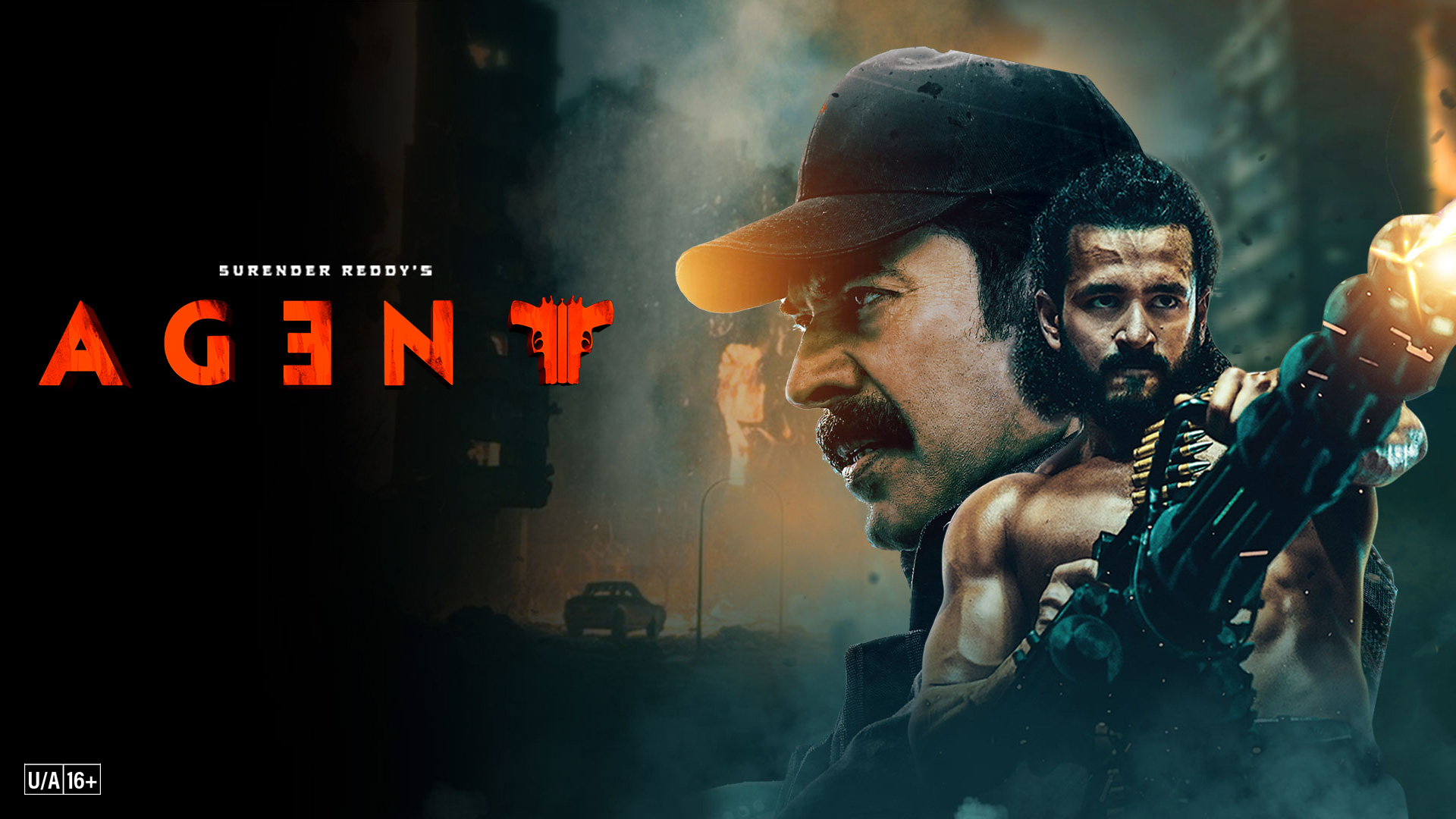"Joker" (2019): A Disturbing Descent into Madness and Society’s Shadows
Joker (2019), directed by Todd Phillips and starring Joaquin Phoenix, is a haunting psychological drama that reimagines one of the most iconic villains in pop culture. Stripped of traditional comic book tropes, the film presents a gritty, grounded origin story of Arthur Fleck—a mentally ill loner who transforms into the nihilistic symbol of chaos known as the Joker. It’s not just a character study; it’s a chilling reflection of social neglect, alienation, and the explosive consequences of a broken system.
Set in a decaying, crime-ridden Gotham City during the 1980s, the story follows Arthur, a struggling clown-for-hire and aspiring stand-up comedian. He suffers from multiple mental health issues, including a neurological condition that causes uncontrollable bouts of laughter at inappropriate times. Arthur is invisible to the world—abused by strangers, mocked by coworkers, and repeatedly dismissed by a threadbare public healthcare system. He lives in a crumbling apartment with his ailing mother, who clings to delusions about her past ties to the wealthy Wayne family.

As Arthur’s mental state deteriorates and his sense of isolation deepens, he spirals into violent delusion. When he commits a spontaneous act of violence on a subway train, it unexpectedly turns him into a folk anti-hero for the city’s disenfranchised. The moment marks a turning point in his transformation: from a man desperate for understanding to a figure who embraces chaos and vengeance. His descent is captured in unflinching detail, culminating in a harrowing final act that blurs the line between reality and psychosis.
Joaquin Phoenix delivers a mesmerizing and fearless performance, earning him the Academy Award for Best Actor. Through every movement, every emaciated contortion, and every cracked smile, Phoenix creates a portrait of pain, loneliness, and rage. His performance is both deeply empathetic and terrifying, making Arthur’s transformation into Joker feel tragically inevitable rather than purely villainous.

While the film drew controversy for its depiction of violence and its sympathetic portrayal of a dangerous man, Joker is not an endorsement of chaos—it’s a critique. It forces viewers to confront uncomfortable truths about mental illness, inequality, and societal indifference. Gotham is portrayed as a city on the brink, where the vulnerable are forgotten and the powerful are untouchable. Arthur is a product of that neglect, and his metamorphosis is a grotesque mirror held up to a society that turns its back on those who fall through the cracks.
Todd Phillips, best known for comedies like The Hangover, makes a bold pivot with Joker, crafting a film that draws heavy influence from 1970s cinema—particularly Martin Scorsese’s Taxi Driver and The King of Comedy. The visual style, bleak color palette, and Hildur Guðnadóttir’s haunting cello-driven score all contribute to an atmosphere of unease and tragic inevitability.

In conclusion, Joker is a provocative, unsettling, and brilliantly crafted film that redefines what a comic book movie can be. It’s not about heroes or villains—it’s about what happens when a society abandons its most vulnerable. Through Arthur Fleck’s tragic journey, Joker challenges us to look inward and ask: who created the monster?


